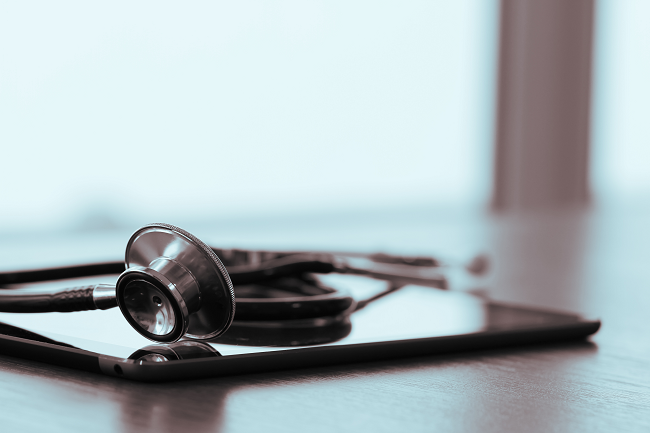Pulsara — an innovative new mobile application for emergency responders — eliminates mounds of paperwork and time-consuming operator calls by connecting Erlanger’s emergency response teams on one simple, easy-to-use platform.
Early identification and immediate treatment of a complete artery blockage — also known as a ST segment elevation myocardial infarction (STEMI) — are crucial to prevent the loss of heart muscle. Within minutes of a STEMI, heart muscle can start to die, and the chance of mortality increases.
When it comes to a heart attack, time is muscle.
From the second a patient hits the emergency room doors at Erlanger Health System, our average time to intervention is less than 62 minutes — the national standard is just under 90.
So, how do we respond so quickly?
Erlanger’s Regional Operations Center (EROC) has a full staff of emergency medical technicians waiting to answer your call. From the moment you call 9-1-1 with chest pains or difficulty breathing to the time emergency care arrives, our team is working to determine the best and fastest route to get you the care you need.
Emergency responders perform an electrocardiogram (EKG) — a test that provides information on the heart’s electrical activity — and transmits that information to hospital emergency staff. An emergency physician and cardiologist review the results to determine if a heart attack or STEMI has occurred. They can then prepare for an angioplasty, thrombolytic therapy, or possible bypass surgery.
And how do we pull this emergency network all together? With Pulsara.
In the app — the first of its kind in the region — medics can enter a patient’s information, contact number for a witness or family member, as well as a photo of an EKG, medication list, or driver’s license. Then instantly and wirelessly notify the hospital, emergency physician, and cardiologist. From within the app, the cardiac catheterization lab can even notify the rest of the team when they are ready to accept the patient. Once cardiac intervention has begun, the case is closed, and all of the details, including all contacts and response times are captured instantly.
The app also helps standardize communication across the board between emergency medics, nurses, cardiologists, and others. Whether a patient is in the hospital or on the way, all information is communicated in the same way and on one platform.
From our partnership with Columbia University Medical Center, via the HeartSource program, to our ambitious team of cardiologists, we’re working every day to fight cardiovascular disease. But help begins with a call. If you or someone you know is experiencing the following symptoms, it’s time to call 9-1-1:
- Pressure, fullness, squeezing, or pain in the chest
- Upper body discomfort including the neck, jaw, shoulders, arms, or stomach
- Anxiety, nervousness, and/or cold, sweaty skin
- Shortness of breath including lightheadedness, fainting, or nausea
- Any unexplained symptoms that come with exertion and go away with rest
Emergency medicine focuses on providing care for patients with acute illnesses or injuries that require immediate medical attention. For any medical emergency, call 9-1-1.
Learn more about Chattanooga’s best choice for Emergency Services.







